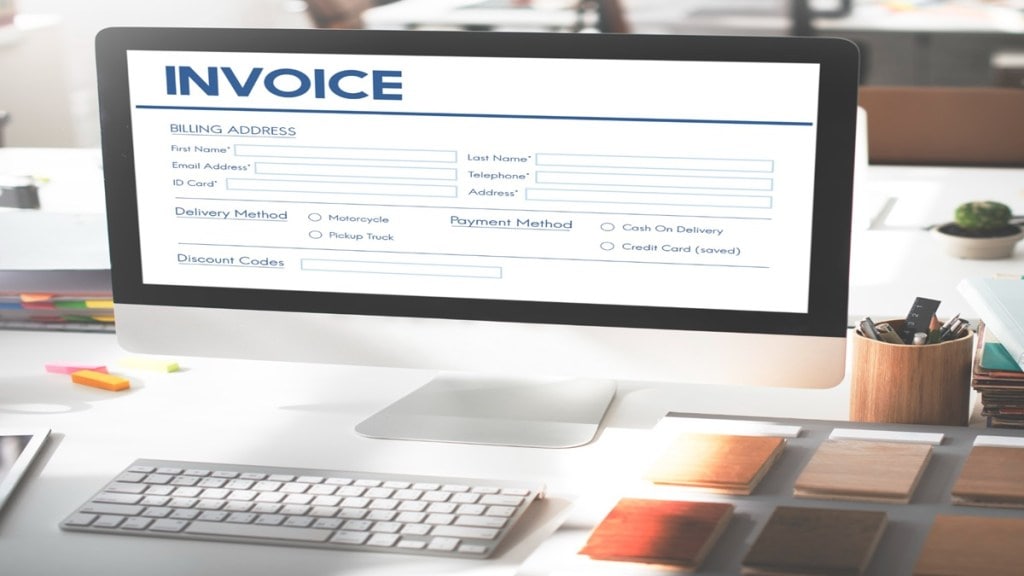Introduced back in 2014 by the Reserve Bank of India (RBI) to address the working capital issue faced by MSMEs, the TReDS (Trade Receivables Discounting System) platform has come a long way. So far, four private entities have been licensed to operate on the invoice discounting platform viz., M1xchange, Invoicemart, RXIL, and C2FO.
In FY24, 41.6 lakh invoices amounting to Rs 1.38 crore were financed in comparison to 25.6 lakh invoices involving Rs 76,638 crore financed in FY23 and 16.4 lakh invoices involving Rs 40,356 crore financed in FY22, according to the data shared by Minister of State in the MSME Ministry, Shobha Karandlaje in a written reply to a question in the Lok Sabha in August this year. To understand more about the digital invoice discounting process, read key FAQs below:
- Who are the participants in the invoice discounting process?
The process involves three key participants: the seller, which is an MSME offering its invoices for discounting; the buyer, which includes corporates, government departments, or public sector units purchasing the invoices; and the financier, which consists of banks or NBFCs providing the financing for these invoices.
- How does the process work?
In the TReDS platform, the process begins when the seller uploads an invoice, which is then listed as a factoring unit (FU) on the platform. The buyer accepts the FU, making it available for financiers to bid. The seller selects the most favourable bid and receives a payment, typically 80-90% of the invoice value, at the agreed financing rate. On the payment due date, the buyer settles the full amount with the financier.
- What is the eligibility criterion for an enterprise to use TReDS for bill financing?
Enterprises in the manufacturing or services sector are eligible if they have an investment in plant and machinery up to Rs 50 crore and a turnover not exceeding Rs 250 crore, as per the updated MSME definition of 2020.
- What is the criterion for a buyer to get on TReDS?
In this year’s budget, Finance Minister Nirmala Sitharaman had reduced the turnover criteria to Rs 250 crore from Rs 500 crore for buyers to get on TReDS. The minister had said this would lead to the onboarding of 22 more central public sector enterprises (CPSEs) and 7,000 more companies on TReDS.
- What is a factoring unit (FU)?
A factoring unit (FU) is the term used in TReDS to refer to invoices or bills of exchange. It includes details about the sale of goods or services.
- How long does it take for an invoice to be financed?
Typically, it takes 2-3 days for MSMEs to receive early payment against their invoices through TReDS.
- Do MSMEs need to register with TReDS to discount invoices?
Yes, MSMEs must register on the TReDS platform, providing necessary documentation such as a master agreement, business certificate, KYC documents, board resolution, and balance sheet.
- Does TReDS guarantee invoice financing?
No, TReDS does not guarantee invoice financing. It depends on the availability of bids from financiers, the seller’s acceptance of those bids, and the successful settlement of obligations between the involved parties.

